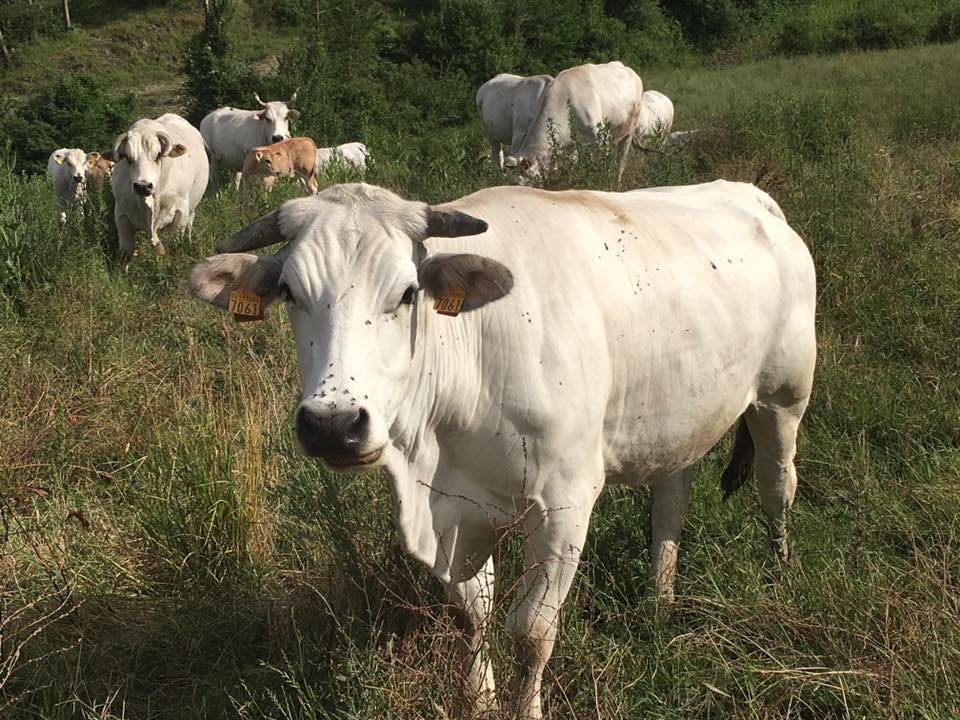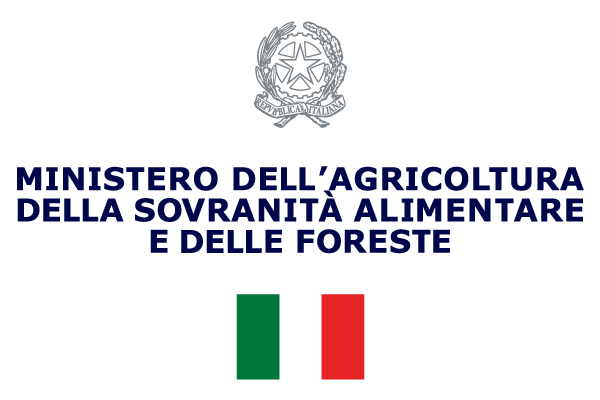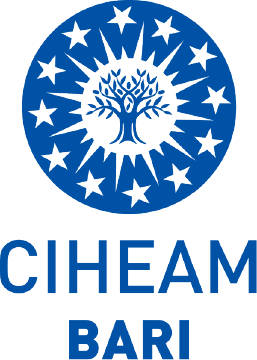Diversified rotations in protected vegetable production systems (DiverIMPACTS Practice Abstract)
In protected vegetable systems of the Mediterranean area, rotations are based on a limited number of species and botanical families. In the long term, this favours the development of soil pests and diseases. In order to diversify rotations, a workshop brought together DiverIMPACTS case study 25 (CS25) participants including farmers, technicians, marketers and scientists, to […]
Multi-species summer cover crop in protected vegetable systems (DiverIMPACTS Practice Abstract)
In protected vegetable systems of the Mediterranean area, having bare soil for several weeks in late summer, post cash crop harvest, may induce soil degradation. Providing a soil cover in any period is key to preserve the soil’s biological activity and maintain good agronomic conditions (e.g. soil structure) for the following crops. A mixture of […]
Suitable European plum cultivars for organic orchards establishment (Biofruitnet Practice Abstract)
Organic plum production is affected by a variety of factors: unmarketable cultivar characteristics (flavour, soluble solids content, stone adherence), reduced storage, small size and low resistance to fungal diseases and Plum Pox Virus (PPV). The work proposes a list of robust cultivars suitable for plum organic orchards establishment. Choosing the best height/size plum cultivars will […]
Using a partner crop in maize for weed suppression (DiverIMPACTS Practice Abstract)
It is very common to use chemical herbicides to control weeds in maize. Considering the negative environmental impact of this practice and the societal pressure to reduce herbicide use, finding alternative solutions is desirable. The diversification of the maize crop is a possible solution: sowing the maize in a (winter) partner crop, mowing the partner […]
Increasing crop diversification with flower strips to improve natural pest control and pollination (DiverIMPACTS Practice Abstract)
Conventional pest control based on the use of synthetic insecticides is very effective, however, this has important negative effects on the environment such as the loss of farmland biodiversity, especially in the group of invertebrates, including many beneficial organisms. Another key problem is the presence of insecticide residues in surface and groundwater or, potentially, in […]
DIRETTIVA DI ESECUZIONE (UE) 2022/1647 DELLA COMMISSIONE del 23 settembre 2022
Che modifica la direttiva 2003/90/CE per quanto riguarda una deroga per le varietà biologiche delle specie di piante agricole adatte alla produzione biologica
DIRETTIVA DI ESECUZIONE (UE) 2022/1648 DELLA COMMISSIONE del 23 settembre 2022 con RETTIFICA
Che modifica la direttiva 2003/91/CE per quanto riguarda una deroga per le varietà biologiche delle specie di ortaggi adatte alla produzione biologica, con RETTIFICA della DIRETTIVA DI ESECUZIONE (UE) 2022/1648 della Commissione, del 23 settembre 2022, che modifica la direttiva 2003/91/CE per quanto riguarda una deroga per le varietà biologiche delle specie di ortaggi adatte […]
Progetto Horizon Europe LIVESEEDING: al via nuovi moduli di formazione
LIVESEEDING è la continuazione del progetto Horizon 2020 LIVESEED (www.liveseed.eu), che ha l’obiettivo di aumentare la disponibilità e l’uso di sementi e materiale vegetale biologico nell’Ue, aprendo la strada alla graduale eliminazione dell’uso di sementi non biologiche in agricoltura biologica entro il 2036, come previsto dall’articolo 12 del regolamento (UE) 2018/848. Il progetto è stato […]
L’agricoltura rigenerativa mitiga il degrado dei suoli marchigiani, di Simona Marini
Dopo tre anni di sperimentazioni in campo, si è concluso con la presentazione dei risultati il progetto “Agribiocons” che, cofinanziato dalla Regione Marche, ha interessato diversi terreni in provincia di Ancona e di Macerata, ed è stato sviluppato da rete di partner quali Arca Srl Benefit, Società Agricola Biologica Fileni Srl (capofila), impresa Loccioni, Società […]
A diserbare l'oliveto ci pensano i bovini, di Tommaso Cinquemani

L’Azienda agricola Boccea, in provincia di Roma, azienda biodinamica, ha provato ad affidare il diserbo dei suoi oliveti a bovini da carne lasciati liberi di pascolare sotto le piante. E i risultati sono stati positivi Il diserbo dell’oliveto è una attività colturale necessaria a mantenere un buon grado di produttività degli olivi, ma rappresenta una voce […]






